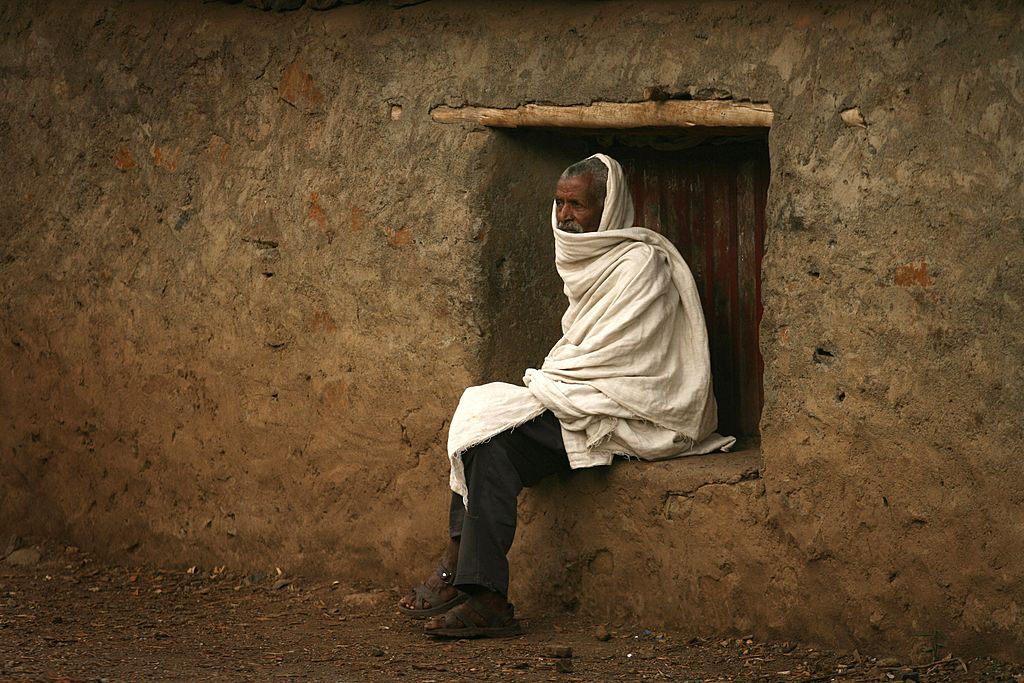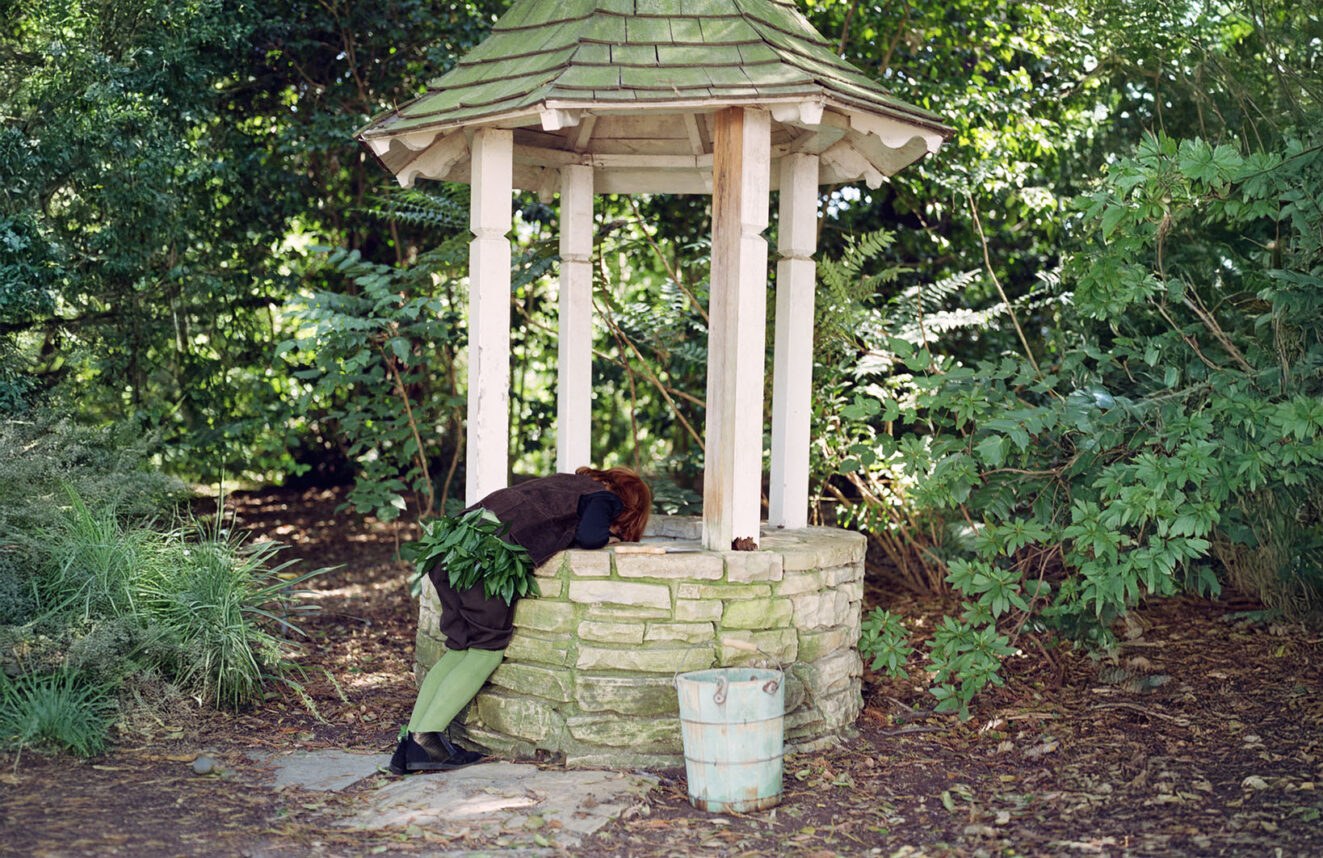
In all of the anxiety and chronic seriousness and righteous pursuits of 2020, I’ve noticed that very few people are talking about happiness.
We’re talking about getting through these bewildering times, about resilience, about systemic racism, about how we’re right and anyone who disagrees with us is wrong.
We’re talking about continuing our fights, about gaining power, about changing our country. We’re talking about pain and job losses and lives lost, and, above all, the need to stay safe.
But who’s talking about happiness?
A perfect storm of crises has hit us in 2020 to make the search for happiness the last thing on our minds. After all, how can anyone be “happy” while our country is mired in such “systemic racism?” Who’s got time for happiness when there’s such a broken world to fix?
Indeed, it feels positively selfish to think of happiness when there’s so much darkness and division around us.
But is happiness really a selfish idea? I’d like to suggest another view.
Happiness is selfish only when it’s geared exclusively to the self. But when we see it as something we give to others, it takes on a whole other meaning.
Happiness is selfish only when it’s geared exclusively to the self. But when we see it as something we give to others, it takes on a whole other meaning.
This is not my idea. I first heard it 10 years ago, when Dennis Prager spoke at the Seventh Annual Ariel Avrech Memorial Lecture at Young Israel of Century City.
In my weekly column following the event, I wrote:
“Prager’s thesis — which he expounds on in a book (‘Happiness Is a Serious Problem’) and a weekly ‘Happiness Hour’ on his radio show — is that happiness isn’t a selfish act at all, but might be, in fact, the ultimate mitzvah.
“To dramatize his point, Prager used the religious language of altruism. If the Torah commands us to look beyond ourselves and consider the welfare of others, what better way than to act happy around others and elevate their own happiness? It’s a worthy sacrifice, Prager explained, not to allow one’s negative feelings to bring others down.”
But that was 10 years ago. Is a happy disposition even possible in a horrible year such as 2020? Given that we’ve been awash in such negative and destructive energy, how do we manage all that negativity and allow a sunnier disposition to surface?
I think the idea of viewing happiness as a mitzvah– as something we share with others– applies even more in this pandemic year, when so many of us have been mired in anxiety. The power of a giving mindset is that it takes us out of our own angst. Instead of worrying so much about our happiness, we bring happiness to others.
It’s as simple as thinking of all the people in our lives—especially the isolated and lonely ones—and asking ourselves: how can we bring them a little happiness?
It could be sending old photos or videos, having upbeat conversations, providing a meal, helping with an errand, sharing something enlightening or beautiful, and so on. Above all, if we are serious about bringing happiness to others, we must try to act happy ourselves when we are in their company.
These happiness moments won’t fix the world’s problems or get your political opposites to agree with you. But they may put a smile on someone’s face, including your own.
In the kind of year we’ve been having, that is plenty.




















